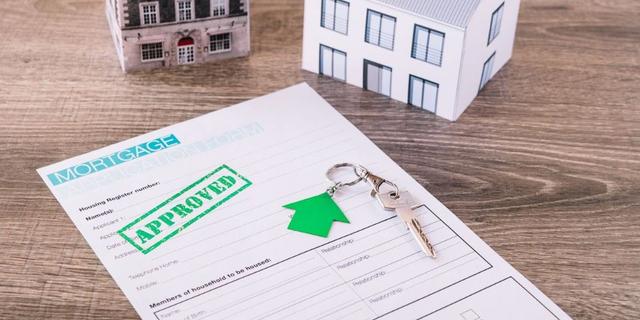Rent
Explore hundreds of rental properties across NYC within your budget and at preferred locations! Best rental deals guaranteed!
Buy
Looking to buy a home in NYC? Start browsing through our simple property search option to find the listed homes in your desired neighborhood.
Sell
List your property for sale and rent in NYC and maximize your reach to prospective buyers and renters.










